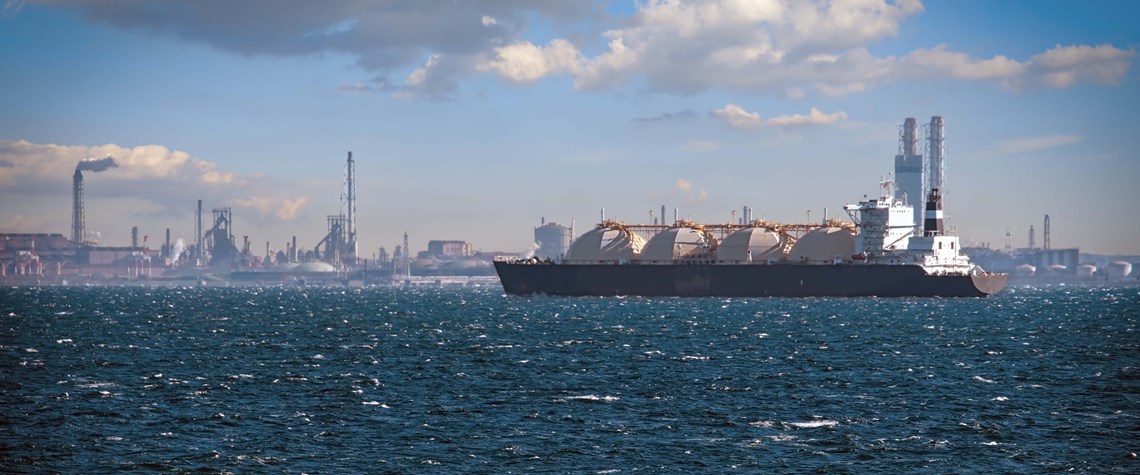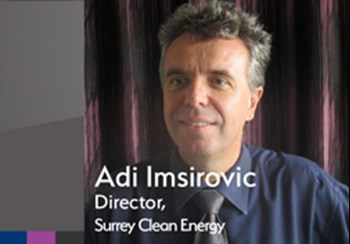Gas readies for its oil moment
The growth in spot LNG is transforming gas into a globalised commodity market
A need to transact naturally leads to markets. But the very nature of the energy industry—large capital investments, long gestation periods, specificity of assets—can lead to very volatile markets, with high risk and the potential for violent boom-and-bust cycles. As a result, the industry can tend away from fledgling competitive markets and towards natural monopolies. Having one large terminal or pipeline is more efficient than having many small ones. On the flip side, monopolies can often ultimately result in lower output and higher prices. Within non-free market value chains, a government normally takes a hand in regulating prices or ensuring ‘security of supply’—and bring with them new p

Also in this section
26 July 2024
Oil majors play it safe amid unfavourable terms in latest oil and gas licensing bid rounds allowing Chinese low-ball moves
25 July 2024
Despite huge efforts by India’s government to accelerate crude production, India’s dependency shows no sign of easing
24 July 2024
Diesel and jet fuel supplies face a timebomb in just four years, and even gasoline may not be immune
23 July 2024
Rosneft’s Arctic megaproject is happening despite sanctions, a lack of foreign investment and OPEC+ restrictions. But it will take a long time for its colossal potential to be realised








